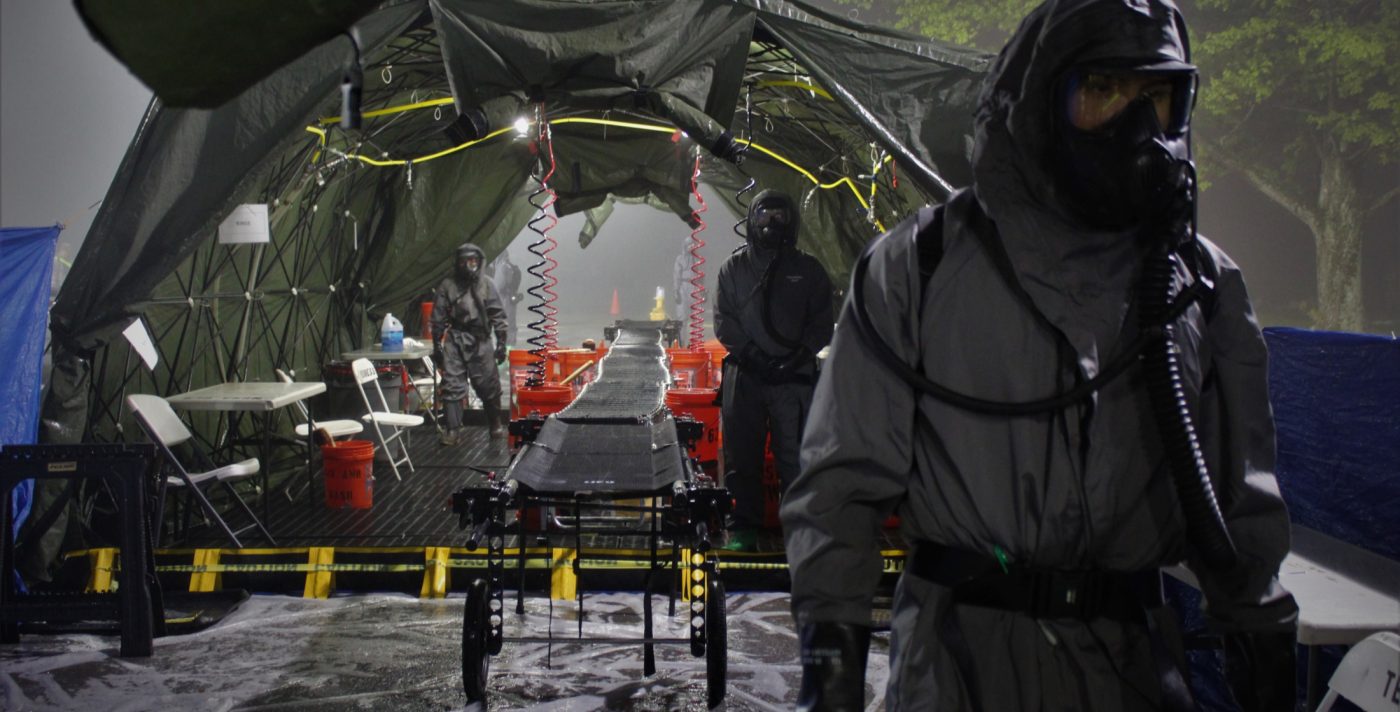Can We Prevent a Future Pandemic?
The frantic global cooperative search for vaccines and treatments for the coronavirus should also bolster an international consensus to help prevent the deliberate launching of this or analogous diseases in the future. The pandemic’s devastating effects resemble a biological warfare (BW) attack. Though seldom reported, there is no doubt that substantial biological- and chemical-warfare programs exist in Russia, China, and North Korea. The Soviet Union also sold chemical warfare capabilities to Syria who has repeatedly used it in its civil war, with the backing of the Kremlin.
This led to an enormous human tragedy there and a geostrategic disaster for Syria’s people and the West. It also created a precedent for malefactors to use these weapons again knowing that they can get away with doing so. The current crisis shows us exactly what could be the outcome if Russia, Iran, China, or North Korea successfully launch some of the viruses with which they are experimenting.
These states are not inclined to observe the protocols of either the Chemical Weapons Convention (CWC) or the Biological Warfare Convention (BWC) despite being signatories to them. Those militaries are experimenting with viruses that could inflict damage comparable in scope and magnitude to what we are now seeing upon potential enemies. China certainly is neither revealing the origin of this pandemic nor its true number of fatalities and sick people. Therefore, we have no clear idea of where and how the virus originated, and the role, if any, of Chinese laboratories in its release.
This refusal to cooperate or observe treaties these states have signed comes as no surprise. Russian and Chinese official statistics are notoriously unreliable. Moreover, the history of their (and North Korean) official mendacity concerning mass disasters goes back decades. Iran’s efforts to hide the scope of the immense human tragedy there and its mendacity about its nuclear program are on a similar scale.
The U.S. should join with its European allies to lead a campaign to name and shame these states, strengthen these conventions, and reduce thereby one possible source of future pandemics. The immense human and material costs associated with the pandemic will generate support for moves to renegotiate or revitalize these conventions and put real teeth in them. This would demonstrate that we can achieve meaningful international cooperation on an issue that should be in every government’s interest — especially after they have had to confront the current crisis. We can and must take steps to prevent states from releasing this and similar weapons upon helpless populations in the future.
Stephen Blank is a Senior Fellow at the Foreign Policy Research Institute.
20 April 2020
Common Crisis is a CEPA analytical series on the implications of COVID-19 for the transatlantic relationship. All opinions are those of the author and do not necessarily represent the position or views of the institutions they represent or the Center for European Policy Analysis.





